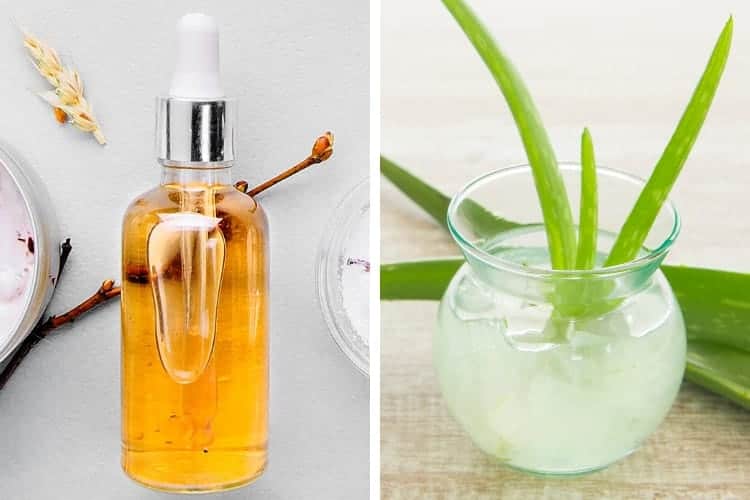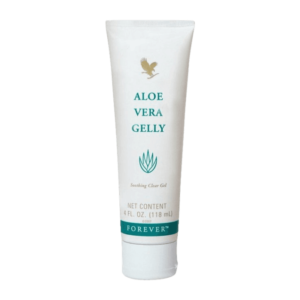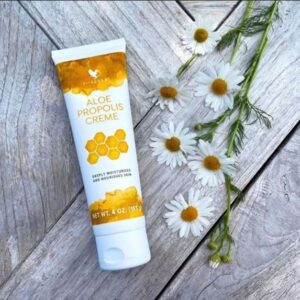
Aloe vera and hyaluronic acid are two superstar ingredients in the world of skincare, both known for their exceptional hydrating properties. However, they offer unique benefits and serve different purposes when it comes to caring for your skin. In this comparative analysis, we’ll delve into the attributes of aloe vera and hyaluronic acid, helping you understand which one might be better suited for your skincare needs.
Aloe Vera: Nature’s Soothing Moisturizer
Aloe vera, derived from the leaves of the aloe plant, is a versatile skincare ingredient with a rich history of use for its numerous benefits:
1. Deep Hydration: Aloe vera gel boasts a high water content, making it a fantastic natural moisturizer for all skin types. It effectively replenishes and locks in moisture, leaving your skin feeling soft and supple.
2. Collagen, Elastin, and Hyaluronic Acid Boost: Aloe vera has the remarkable ability to stimulate fibroblasts, the cells responsible for producing hyaluronic acid, collagen, and elastin (see reference). This leads to improved skin elasticity, reduced wrinkles, and enhanced moisture retention.
3. Exfoliation and Skin Smoothing: Aloe contains enzymes like amylase and bradykinase that naturally exfoliate the skin, promoting a healthier and smoother complexion. It also contains amino acids that soften the skin, further enhancing its appearance.
4. Acne and Scarring: Aloe vera is a natural source of salicylic acid, renowned for its anti-inflammatory and antibacterial properties. It aids in preventing acne breakouts and can assist in reducing the appearance of acne scars. Its anti-inflammatory properties help prevent flare-ups. Wondering which Aloe vera gel is best for trating skin issues? Well, We have solution for this. Visit our global shop (remember to select your country first). Just place order online and you get your skin solutions at your doorstep in no time.
5. Sun Damage Protection: Application of aloe vera to the skin activates the release of the antioxidant protein metallothionein, which scavenges free radicals and helps protect against UV-related skin damage.
6. Wound Healing: Studies have shown that aloe vera accelerates wound healing, making it a valuable asset for treating burns and other skin injuries. It supports the regeneration of the epidermis, the outer skin layer. Shop the world best and proven aloe vera rich products from our global shop section (remember to select your country first). Just place order online and you get your skin solutions at your doorstep in no time.
7. Nutrient-Rich: Aloe vera contains a plethora of skin-loving nutrients, including vitamins (A, C, E, and B-vitamins), minerals (zinc, selenium, potassium, and manganese), plant sterols, lupeol, cinnamonic acid, and natural antiseptics. These components contribute to its overall skin-improving qualities.
8. Hyperpigmentation: Aloe vera, with its vitamins, exfoliating enzymes, and aloesin compound, has been used as a natural remedy for hyperpigmentation, helping to improve skin discoloration caused by UV rays.
9. Skin Structure: Aloe vera’s components, such as plant sterols, support the production of collagen, elastin, and hyaluronic acid, crucial for maintaining skin structure.
Hyaluronic Acid: The Skin’s Moisture Magnet
Hyaluronic acid, often referred to as HA, is another powerhouse in skincare known for its specific benefits:
1. Natural Humectant: HA is a mucopolysaccharide that binds water and can hold up to 1000 times its weight in moisture. This makes it an exceptional compound for keeping the skin hydrated.
2. Wrinkle Reduction: Topical HA can improve the appearance of wrinkles, dermatitis, and redness, giving the skin a smoother and more youthful look.
3. Wound Healing: HA applied to wounds can reduce pain, wound size, and regulate the inflammatory response while increasing blood supply, promoting healing.
4. Hydration and Skin Plumping: HA injections can plump the skin and provide a natural glow. HA supplements can also support healthy skin as the body’s natural production of HA declines with age.
So, Which One Is Better for Skin Care? Aloe Vera or Hyaluronic Acid
The choice between aloe vera and hyaluronic acid depends on your specific skincare needs and goals. Here’s a general guideline:
Choose Aloe Vera If: You seek a natural, multipurpose skincare solution with hydration benefits, acne management, sun damage protection, and a holistic approach to skin health. Aloe vera offers a broad spectrum of skin-loving nutrients and can address various concerns simultaneously.
Choose Hyaluronic Acid If: Your primary concern is intense hydration and moisture retention. HA is an exceptional choice for plumping the skin and reducing the appearance of fine lines and wrinkles.
In some cases, you can also combine these ingredients in your skincare routine for a balanced approach, benefiting from the unique advantages of both aloe vera and hyaluronic acid. Ultimately, your choice should align with your individual skin type and desired outcomes, so consult with a dermatologist or skincare professional for personalized advice.


Quite informative! Loved the detail and easy to read analysis with references which is so important in this era of exploded information everywhere.
Thanks a ton!
This post is very helpful for making a good and organic choice for a good skin care. This also explains very nicely why alie vera gel is much better than hyaluronic acid.
Very informative and it helped me understand this topic better
I’m in the mood for something sweet and spicy… you? – https://rb.gy/es66fc?Cheade